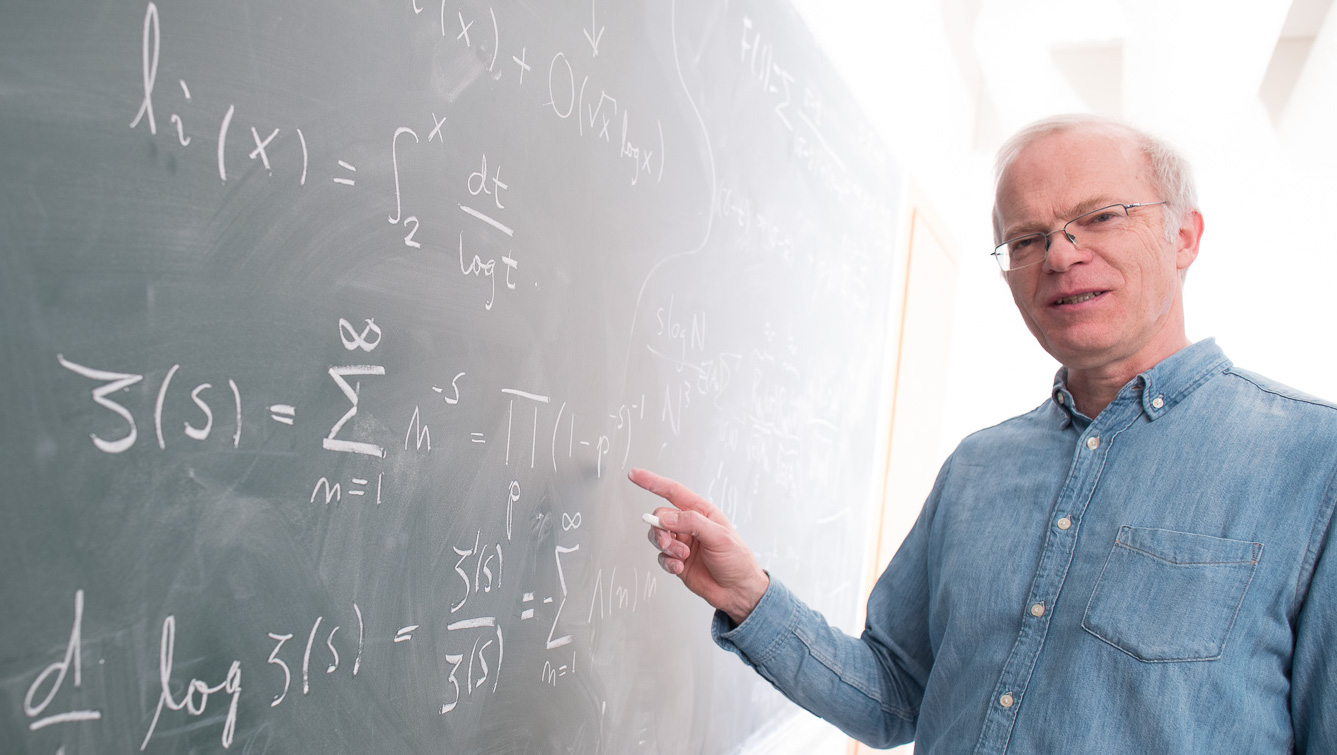Research - Mathematical Sciences
Research at the Department of Mathematical Sciences

Mathematics is the language of technology and natural science, and an important part of our cultural heritage. It develops continually, and extensive research effort goes into both theoretical and applied mathematics.
PhD defences
Conferences
Contact
Strategic research areas
Data science extracts knowledge and understanding from data using a combination of approaches from statistics, mathematics, computer science, physics, engineering as well as domain-specific knowledge.
Digital twins are a virtual representations of a physical asset enabled through data and simulators for real-time prediction, monitoring, control and optimization of the asset for improved decision making throughout the life cycle of the asset and beyond.
Mathematics in technology is a strategic initiative for interdisciplinary research where mathematical sciences are a key enabling technology. We aim to communicate the importance of mathematics in society.
